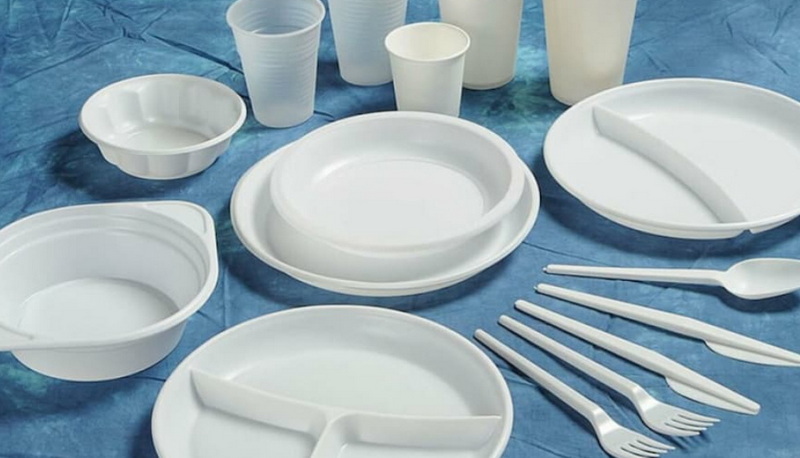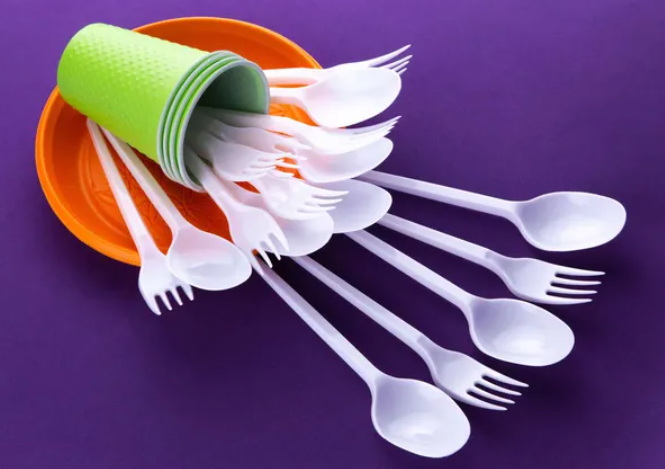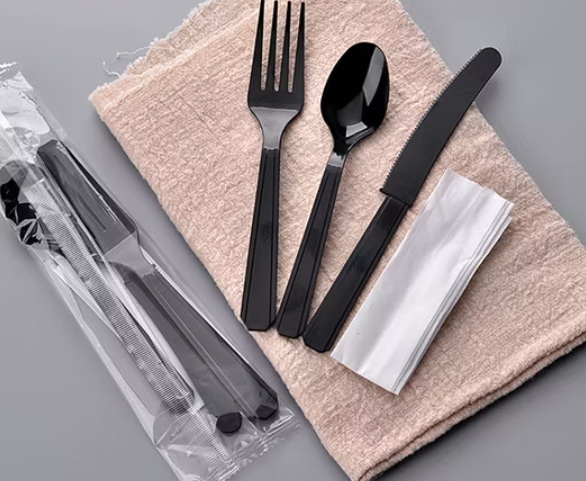
Content Menu
● Introduction to Disposable Utensils
>> Types of Plastics Used
● Challenges in Recycling Disposable Utensils
● Alternative Eco-Friendly Options
>> Compostable Utensils
>>> Example: Compostable Cutlery Sets
>> Biodegradable Materials
>> Reusable Utensils
>>> Benefits of Reusable Utensils
● Innovative Recycling Methods
>> 3D Printing Filament
>> Chemical Recycling
● Community Initiatives and Policy Changes
>> Bans on Single-Use Plastics
>> Public Awareness Campaigns
● Future Developments
● Conclusion
● FAQ
>> 1. What types of plastics are commonly used for disposable utensils?
>> 2. Can all types of plastic utensils be recycled?
>> 3. What are some eco-friendly alternatives to plastic disposable utensils?
>> 4. How can I contribute to reducing plastic waste from disposable utensils?
>> 5. Are there any innovative methods for recycling plastic utensils?
The question of whether fork and spoon disposable products can be recycled is a complex one, involving various factors such as the type of material used, local recycling policies, and the challenges faced by recycling facilities. In this article, we will delve into the world of disposable utensils, exploring their recyclability, the challenges they pose, and alternative eco-friendly options.

Introduction to Disposable Utensils
Disposable utensils, including fork and spoon disposable products, are widely used in restaurants, events, and households due to their convenience. However, their environmental impact is significant, contributing to plastic waste and pollution. The majority of these utensils are made from plastic, which can be categorized into different types based on their resin identification codes.
Types of Plastics Used
1. Polypropylene (PP): This is a common material for making durable and flexible utensils. Polypropylene is recyclable in many facilities, but it requires proper cleaning and sorting.
2. Polystyrene (PS): Often used for lighter and less durable utensils, polystyrene is not commonly accepted by recycling programs due to its low density and difficulty in processing.
3. Polyethylene Terephthalate (PET): Though more commonly used in bottles, some utensils might be made from PET. However, this is less common for fork and spoon disposable products.
Challenges in Recycling Disposable Utensils
Despite the potential for recycling, fork and spoon disposable products face several challenges:
- Size and Shape: These utensils are too small and irregularly shaped, which can cause them to fall through sorting machines or jam them, leading to contamination and operational issues.
- Material Variability: Different types of plastics are often mixed together, making it difficult to separate and process them effectively.
- Lack of Standardization: Unlike bottles or cans, disposable utensils rarely have resin identification codes, making it hard to determine their recyclability.
Alternative Eco-Friendly Options
Given the challenges in recycling traditional plastic fork and spoon disposable products, there is a growing trend towards using eco-friendly alternatives:
Compostable Utensils
Compostable utensils are made from materials like CPLA (polylactic acid) or natural birch wood. These can be composted in industrial facilities or even home compost piles, reducing plastic waste significantly.
Example: Compostable Cutlery Sets
Compostable cutlery sets include knives, forks, and spoons made from plant-based materials, certified by organizations like BPI (Biodegradable Products Institute). These sets are ideal for events and businesses looking to reduce their environmental footprint.
Biodegradable Materials
Biodegradable materials, such as cornstarch-based plastics, offer another alternative. However, their biodegradability depends on specific conditions, and they may not always break down as expected.
Reusable Utensils
The most effective way to reduce waste is by using reusable utensils made from materials like stainless steel, bamboo, or wood. These can be washed and reused multiple times, significantly reducing the need for disposable options.
Benefits of Reusable Utensils
- Environmental Impact: Reduces plastic waste and pollution.
- Cost-Effective: Long-term savings from not having to purchase disposable utensils frequently.
- Durability: Reusable utensils are more durable and can withstand regular use.

Innovative Recycling Methods
While traditional recycling methods may not be effective for fork and spoon disposable products, innovative approaches are being explored:
3D Printing Filament
Some individuals have experimented with converting plastic utensils into 3D printing filament, offering a creative way to repurpose plastic waste. This method involves shredding the plastic into small pieces and then melting them into a filament that can be used in 3D printers.
Chemical Recycling
Chemical recycling involves breaking down plastics into their basic components, which can then be used to create new materials. This method is still in its early stages but holds promise for handling mixed plastic waste.
Community Initiatives and Policy Changes
To address the issue of disposable utensils, communities and governments are implementing initiatives and policy changes:
Bans on Single-Use Plastics
Many cities and countries have started banning single-use plastics, including disposable utensils, to reduce plastic waste. These bans encourage businesses to adopt eco-friendly alternatives.
Public Awareness Campaigns
Public awareness campaigns are crucial in educating consumers about the environmental impact of disposable utensils and promoting the use of reusable or compostable options.
Future Developments
As technology advances, we can expect more efficient recycling methods and innovative materials for disposable utensils. Companies are investing in research to develop bioplastics that are both biodegradable and compostable, offering a potential solution for the future.
Conclusion
In conclusion, while fork and spoon disposable products can technically be recycled, the process is often impractical due to their small size and mixed materials. The best approach is to opt for eco-friendly alternatives like compostable or reusable utensils. As technology advances, innovative recycling methods may become more viable, but for now, reducing waste through sustainable choices remains the most effective strategy.

FAQ
1. What types of plastics are commonly used for disposable utensils?
Disposable utensils are often made from polypropylene (PP), polystyrene (PS), and sometimes polyethylene terephthalate (PET), though the latter is less common for utensils.
2. Can all types of plastic utensils be recycled?
No, not all types of plastic utensils are recyclable. While polypropylene is commonly accepted, polystyrene is not due to its low density and processing difficulties.
3. What are some eco-friendly alternatives to plastic disposable utensils?
Eco-friendly alternatives include compostable utensils made from materials like CPLA or natural birch wood, and reusable options made from stainless steel, bamboo, or wood.
4. How can I contribute to reducing plastic waste from disposable utensils?
You can reduce plastic waste by choosing reusable utensils for personal use and supporting businesses that offer compostable or biodegradable options.
5. Are there any innovative methods for recycling plastic utensils?
Yes, some innovative methods include converting plastic into 3D printing filament and chemical recycling, though these are not yet widely available.

















